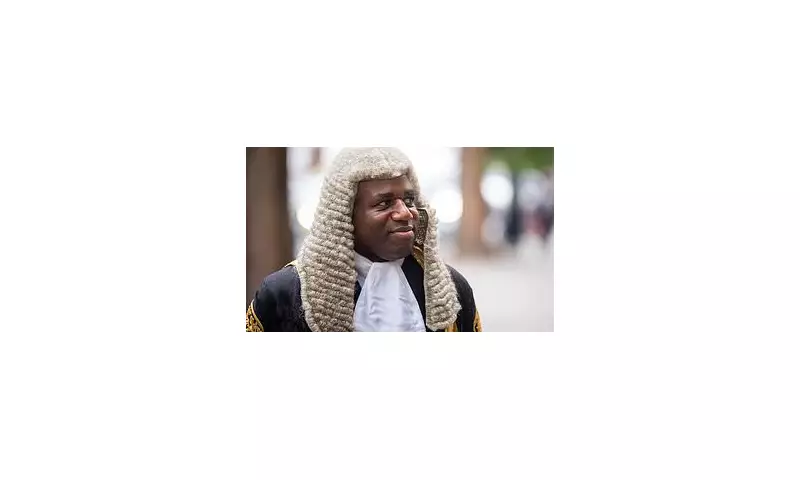
The UK government is facing a major political crisis as it attempts to row back on controversial proposals to abolish jury trials for the majority of criminal cases, leaving Justice Secretary David Lammy under intense pressure.
A Swift Backtrack Amid Furious Backlash
Just 48 hours after a leaked briefing document revealed radical plans to tackle the crown court backlog, unconfirmed reports emerged that the Government was already seeking to water down the reforms. The swift reversal came after ministers were reportedly taken by surprise by the level of opposition from MPs, judges, and lawyers across the political spectrum.
The leaked memo, sent to senior civil servants in all government departments, had outlined that all criminal cases with a possible sentence of up to five years would be determined by a judge alone. The only exceptions would be murder, rape, manslaughter, or cases deemed to be in the 'public interest'.
According to analysis by the Criminal Bar Association (CBA), this would have resulted in around 95 per cent of crown court cases being heard without a jury, potentially affecting more than 77,000 jury trials annually.
Accusations of 'Constitutional Vandalism'
The proposals triggered a furious response in the House of Commons, where Mr Lammy's absence from a bruising debate did not go unnoticed. Shadow Justice Secretary Robert Jenrick led the attacks, demanding to know the Justice Secretary's whereabouts and accusing him of 'constitutional vandalism'.
Mr Jenrick highlighted what he called Mr Lammy's hypocrisy, pointing out that the Justice Secretary had previously described jury trials as 'fundamental to our democracy' and something that 'we must protect'. The Shadow Justice Secretary accused the Government of not trusting 'ordinary people' with law and order.
Justice Minister Sarah Sackman defended her colleague, claiming his previous comments were 'obviously in a very different context'. She stressed that the 'most serious cases' would still be decided by jurors and insisted that 'the right to a jury trial for our most serious cases will remain a fundamental part of our British legal tradition'.
Broader Concerns and Alternative Solutions
Concerns about the proposed reforms extended beyond party lines. Labour MP Kim Johnson pointed to Mr Lammy's own 2017 review of racism in the criminal justice system, which found jury trials to be the only part consistently free from racial bias. She warned the plans risked 'deepening disproportionality and undermining confidence in the justice system'.
Meanwhile, Riel Karmy-Jones KC, Chair of the Criminal Bar Association, expressed grave concerns that the reforms would 'destroy justice as we know it'. She warned of potential miscarriages of justice affecting 'tens of thousands of people, young and old, from all ethnic backgrounds'.
In response to the crisis, Tory leader Kemi Badenoch, Robert Jenrick, and 54 other MPs have sent a joint letter demanding the Government increase court sitting days instead of taking what they describe as a 'constitutional axe' to 800 years of jury tradition.
As the Government now insists that 'no final decision has been taken', the future of one of Britain's oldest legal institutions hangs in the balance, with the Justice Secretary facing one of the biggest challenges of his political career.





